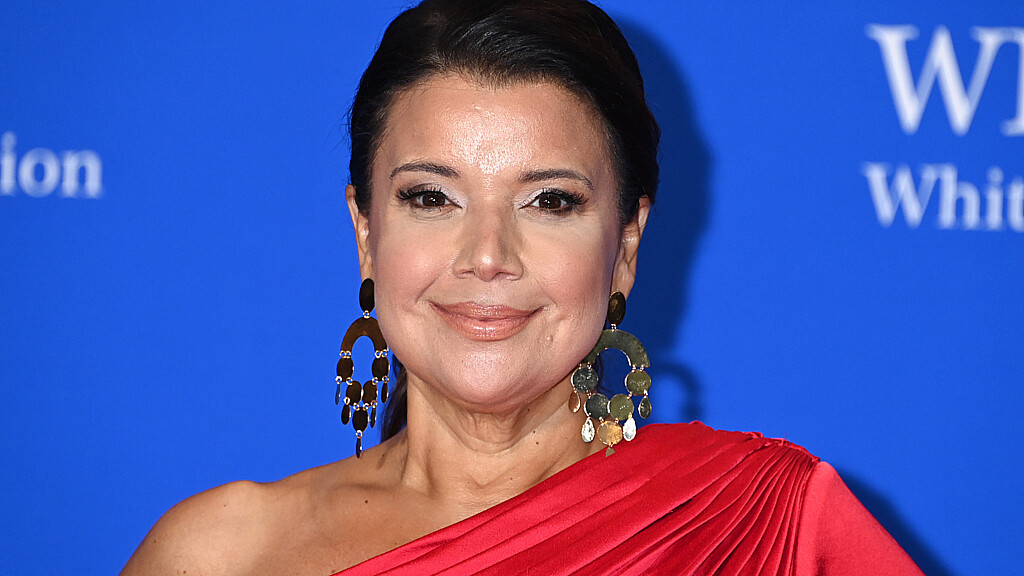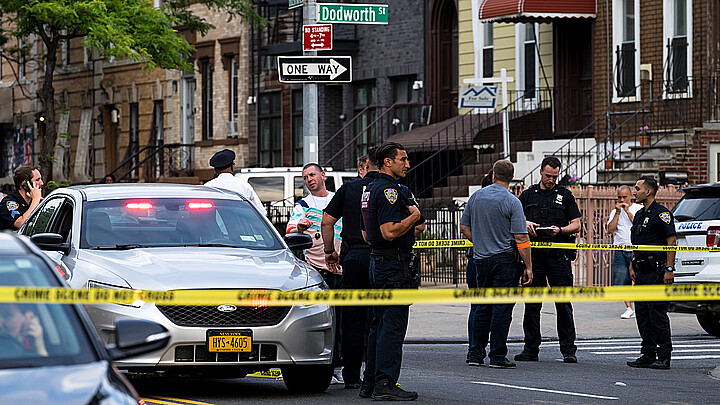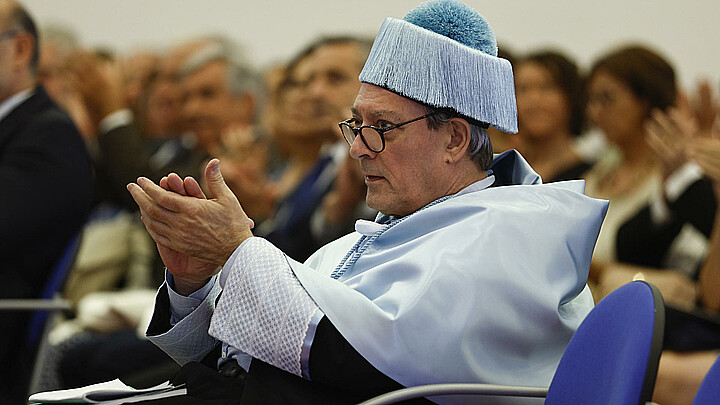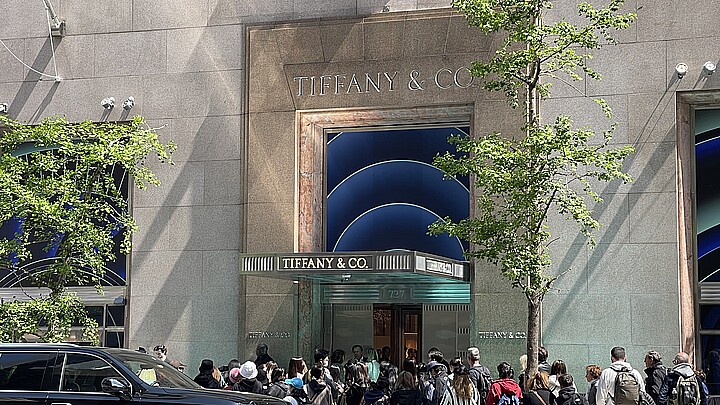Culture
Ana Navarro: Race does not make you 'immune' from 'being a white supremacist'

May 9, 2023 9:21pm
Updated: May 11, 2023 11:05pm
Ana Navarro, a co-host on ABC's "The View," is facing controversy after making a statement on Monday that being Black or Hispanic does not exempt someone from being a white supremacist.
Navarro's comments came in response to leftist co-host Sunny Hostin's suggestion that the perpetrator of a recent mall shooting in Texas, who was Hispanic, was a white supremacist due to a white supremacy moniker found on his person.
White supremacy is a belief system that promotes the idea that white people are superior to people of other races and ethnicities.
The motive behind the Allen Premium Outlets in Texas mass shooting, which claimed the lives of eight people and injured seven others, is still under investigation. The suspected shooter, 33-year-old Mauricio Garcia, was killed by an officer at the scene.
"People should not jump to conclusions because there's a lot of conflicting information about him," Texas Gov. Greg Abbott said after questioned by Fox News on Monday.
"Let the investigators work through the guy's background, and I think once you see more information about the guy's background, it will reveal a little bit more about why this happened."
Authorities are now exploring the possibility that Garcia held white supremacist and neo-Nazi beliefs, fueled by his reported wearing of a patch with the words "RWDS" - a term believed to stand for "Right Wing Death Squad." The investigation is ongoing and have led to significant discussion and speculation about his motivation.
Navarro pointed out that the head of the Proud Boys, a group described by liberals as a white nationalist group, is Afro-Latino, and that people of any race or ethnicity can be radicalized and become white supremacists.
“But this shooter who happened to be Hispanic and Latino, which is very bizarre to me, had a white supremacy moniker on him,” Hostin said, before noting that FBI Director Christopher Wray has said that white supremacist violence is a serious threat in the U.S.
“We all have to remember that the head of the Proud Boys, his name is Enrique Tarrio,” Navarro said. “The Proud Boys is a white nationalist group. Look, being Hispanic or being black does not, or being anything, does not make you immune from being racist, from being radicalized, from being a white supremacist, from being evil, from being homicidal. And we are seeing it over and over again. There are people, you know, they they don’t see themselves as what they are.”
"Being Hispanic or being black or being anything does not make you immune from being ... a white supremacist" - Ana Navarro. pic.twitter.com/Mjvh6PbNju
— Nicholas Fondacaro (@NickFondacaro) May 8, 2023
Navarro has been met with both criticism and support for her comments. Some have accused her of perpetuating harmful stereotypes about people of color, while others argue that her statement highlights the importance of recognizing that anyone can become a white supremacist, regardless of their background.
Navarro defended her comments on social media, stating that her intention was not to generalize or stereotype but rather to acknowledge the reality that white supremacy and racism can affect people of all races and ethnicities.
The discussion on "The View" took place in the context of rising concerns about white supremacist violence in the United States.
FBI Director Christopher Wray has identified white supremacist violence as a serious threat, and recent mass shootings in Atlanta, Boulder, and now Texas have raised alarm about the potential for further violence.
Some have called for greater attention to be paid to the role of white supremacy in these incidents, while others have argued that focusing on individual perpetrators distracts from the larger systemic issues at play.
Fox News has reported that Mauricio Garcia served briefly in the U.S. Army for three months. According to Heather J. Hagan, a spokesperson for U.S. Army Public Affairs, Garcia joined the regular Army in June 2008 but was terminated three months later without completing initial entry training.
As a matter of policy, the Army does not provide a characterization of discharge for any soldier.










